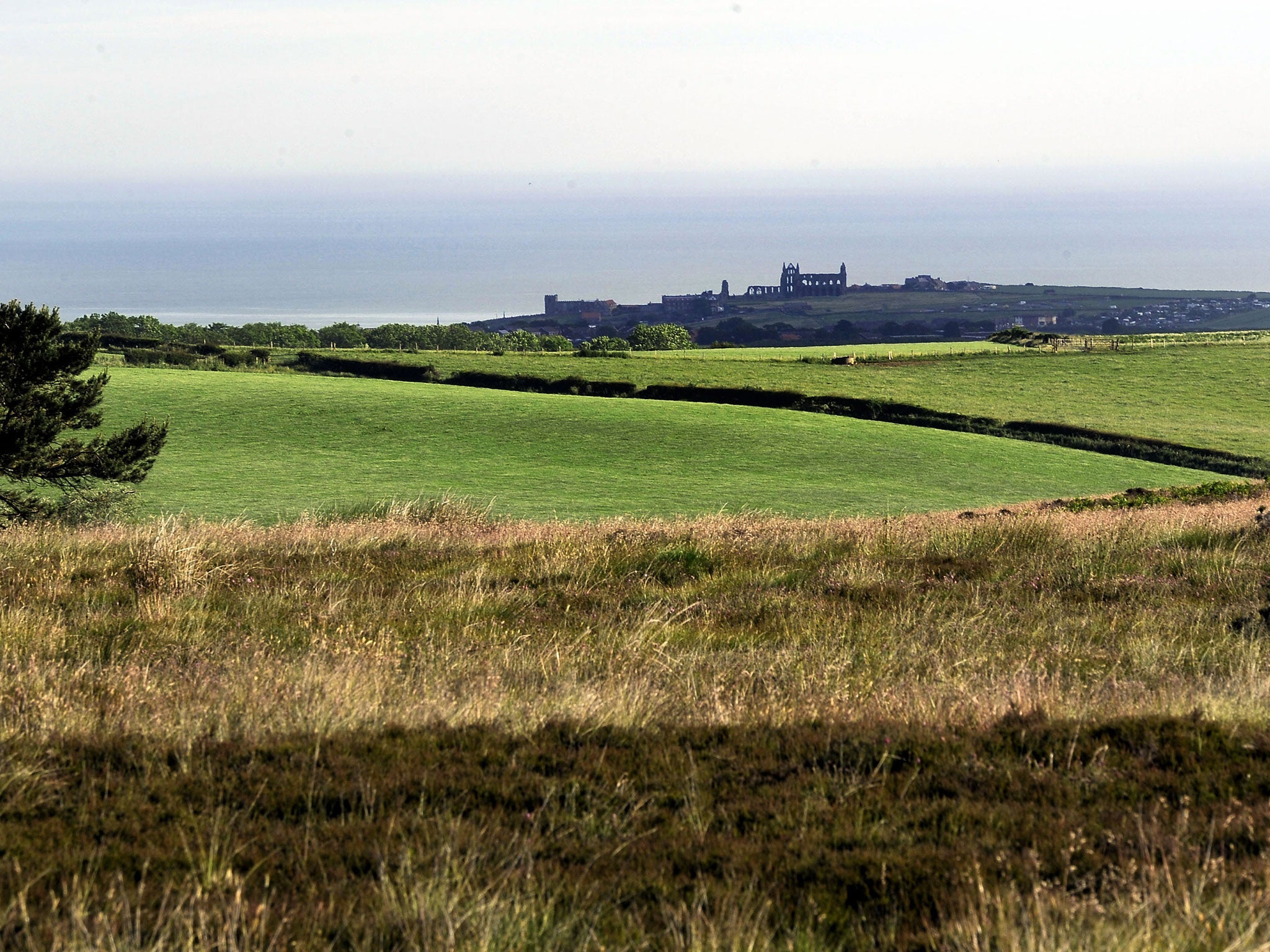North York Moors National Park at risk of being 'industrialised' by £2bn potash mine project
Business leaders say the mine will be the biggest private investment project in the North of England 'by a billion miles'

One of Britain’s best-loved national parks is on the verge of being “industrialised” after a fertiliser company unveiled details of its plan to sink a huge potash mine, rural campaigners have warned.
Sirius Minerals says it will plough £2.4bn into the York Potash Project to build the mine to the south of Whitby in the North York Moors National Park in a move that will create more than 1,000 jobs.
Business leaders say the mine will be the biggest private investment project in the North of England “by a billion miles” and the firm’s economic forecasters say it will make an annual contribution to Britain’s economy of £2.3bn.
But the scheme is hugely controversial and has drawn fire from environmental groups, including the National Trust and the Campaign to Protect Rural England (CPRE).
It will see a 4,900ft mine shaft sunk at Dove’s Nest Farm, Sneaton, with a tunnel pumping polyhalite, a mineral fertiliser, 23 miles underground to Teesside, where it will be processed.
Katie Atkinson, a CPRE spokeswoman, said: “We are very concerned about any impact on the national park. This landscape is protected for the benefit of this generation and future generations to come. This mine is huge. With the structures that are being built, people will see an industrialisation of the landscape.”
Potash is used to describe a range of minerals containing potassium. The mine is expected to produce 10 million tonnes of fertiliser a year, rising to 20 million tonnes subject to approval.
Production is expected to start in 2020/21. Sirius said it will create more than 1,000 direct jobs and a further 1,500 jobs indirectly. Details of the plan have been revealed six months after Britain’s last deep coal mine closed at Kellingley in North Yorkshire in December. Teesside has also been hit hard in recent months by the closure of the Redcar steelworks.
Plans for the potash mine were approved by the North York Moors National Park Authority last summer with “stringent conditions” for its construction and working. Andy Wilson, the authority’s chief executive, said at the time that the mine’s economic impact outweighed the environmental harm.
Nearly 30 groups, including the Royal Society for the Protection of Birds and the Campaign for National Parks (CNP), had urged the authority to reject the proposals.
The CNP said the mine was “completely incompatible with national park purposes” and the economic benefits would “never justify the huge damage” to the park’s landscape, wildlife and tourism.
Early building preparation work is expected to take place shortly. Sirius chief executive Chris Fraser said: “The business from this project will sit as a world leader in the fertiliser industry based here in the UK. It is expected to have a low operating cost structure, high margins and a very long asset life in one of the most business-friendly, stable and dynamic economies in the world.
“We can create thousands of jobs, deliver billions of pounds of investment to the UK and put the country at the forefront of the multi-nutrient fertiliser industry.”
Subscribe to Independent Premium to bookmark this article
Want to bookmark your favourite articles and stories to read or reference later? Start your Independent Premium subscription today.

Join our commenting forum
Join thought-provoking conversations, follow other Independent readers and see their replies